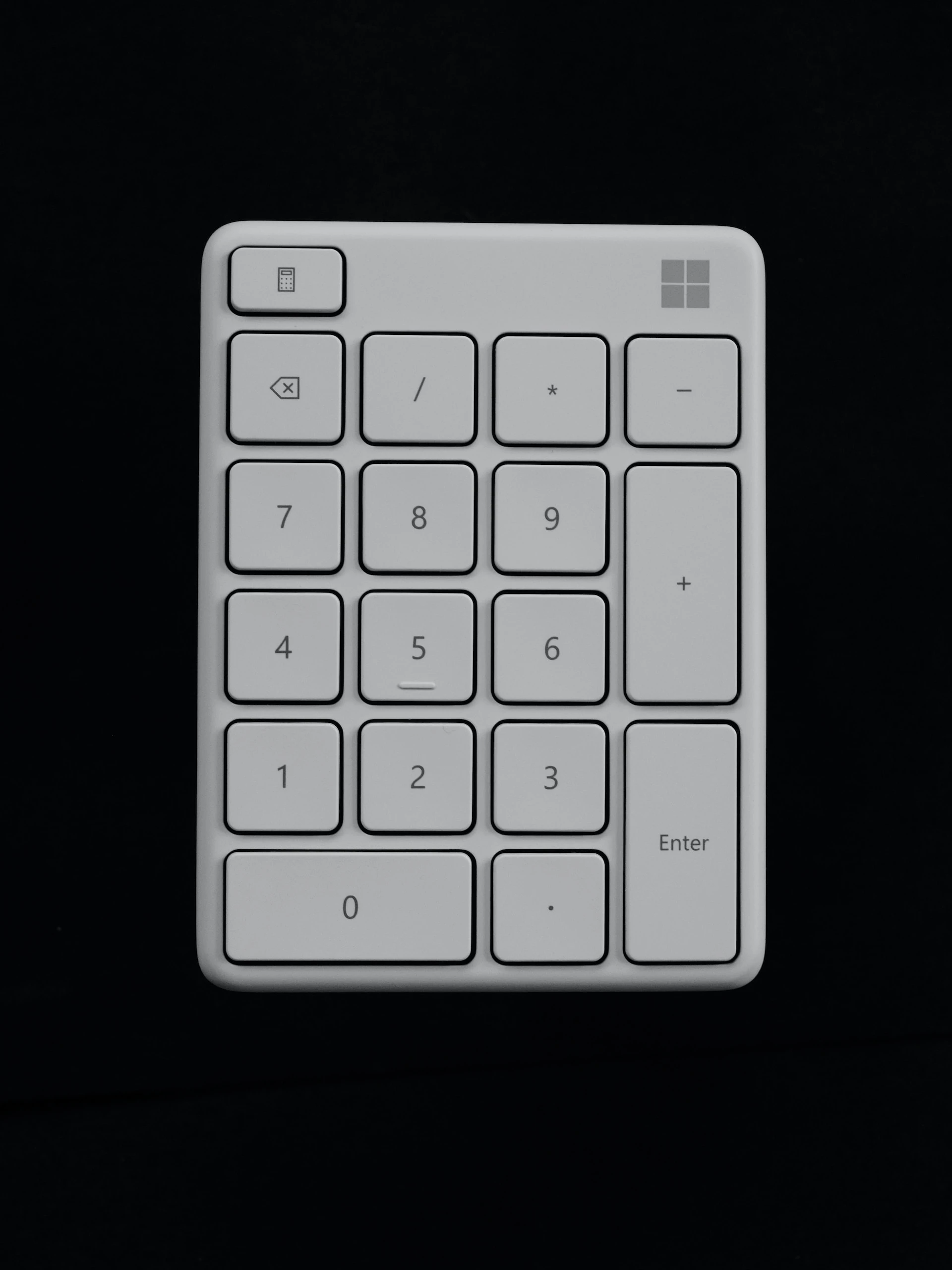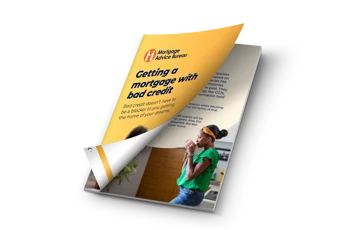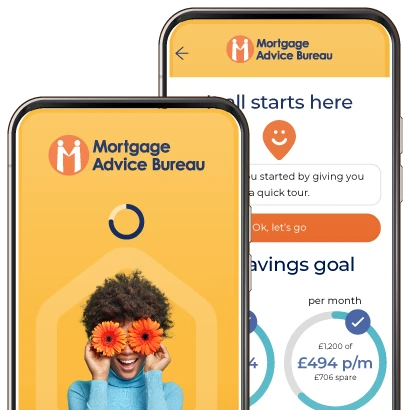If you’re looking to apply for a mortgage, you might be surprised to know that gambling could be taken into account when you submit your application. Your mortgage lender will look to assess how much of a risk you are when lending to you. After all, you wouldn’t want to loan someone a large sum of money if it seemed unlikely they’d be able to pay it back. So, it's important to know how much gambling is too much and how it may affect your application.
This article explores the impact of gambling on the mortgage application process and provides insight into what steps to take if you do gamble. By understanding these factors, you can make informed decisions and increase your chances of success when applying for a mortgage.
Applying for a mortgage
You can make note of the process so you can know what to expect, especially if you’re worried about your gambling.
Even more so if your gambling is impacting your credit. When you’re applying for a mortgage, your mortgage adviser will conduct an affordability assessment on you. This is a way of ensuring you’re able to meet the monthly mortgage repayments.
Mortgage lenders will take lots of different things into consideration when conducting an affordability assessment. This will include assessing the below:
Income
Evidence to prove employment and income (from all sources), annual salary or weekly wage, and any other earnings which may include rental or dividend income.
Outgoings
Any regular expenses you make, such as mortgage payments or rent, committed payments including insurance, utility bills, household expenses such as food, or existing loans like car finance.
Credit checks
Lenders will conduct a credit reference check on you. Before applying, you may want to look at your own credit score using credit reference agencies like Experian, Equifax and TransUnion.
All of this will be taken into account when applying for a mortgage, including your gambling activities.
When will gambling affect a mortgage application?
Certain lenders have strict eligibility criteria and they may view applications with caution if a significant amount of money has been spent on betting or other forms of gambling.
Other mortgage lenders may be willing to overlook gambling depending on the following:
- How much money is being staked in total?
- How frequently are you betting?
- What type of gambling are you doing?
Ultimately, the lender will assess whether the borrower's gambling behaviour could affect their ability to make timely mortgage payments and whether it poses a significant risk to the lender's investment.

Ben Thompson (Deputy Chief Executive Officer)
"All lenders have eligibility criteria, be that on income or expenditure. However, when it comes to gambling it can be even more complicated. Some lenders will allow an application that has been gambling responsibly (using their own money and not going into debt to fund this), but others have a much stricter approach to it and could deny an applicant with any gambling transactions. This means they might refuse to lend as much, or any money at all.
Those getting mortgage ready should speak to a mortgage adviser openly and honestly about their situation. This will lead to the best chance of finding a mortgage they are suitable for.”
When won’t gambling affect a mortgage application?
When lenders conduct their affordability checks, they will look at your bank statements from the previous 3-6 months. This means that any gambling during this period will be seen by your potential lender. The primary concern of the lender is that you aren’t getting yourself into debt by funding your gambling. If you’re gambling using your own money and you’re not in any debt, then this is unlikely to have an impact on your mortgage application.
If you only put the odd bet on here and there, you won’t need to worry about gambling affecting your mortgage application. However, if your finances are strained due to gambling, then this may affect your application.
Sustainability
Is your gambling considered sustainable? Furthermore, is your spending sustainable? I.e, are you keeping within a set budget which doesn’t impact your ability to pay all your regular outgoings? Is gambling affecting your standard of living? This all means you should be in control of the gambling and it's part of your monthly budget – it’s something you do for leisure and spend no more or less than the amount you’ve set aside. In conducting an affordability assessment, if a lender sees any evidence of regular gambling, does this look reasonable and sensible?
How to get mortgage approved
If you do gamble and you’re worried about getting a mortgage, you could try the following things to help improve your situation and get yourself mortgage ready.
1. Clear your debts
Clearing off any debt you have shows that you’re responsible when it comes to your finances.
2. Good credit history
Having a good credit history improves your chances of getting a mortgage, so you should work to improve your credit score.
3. Stop gambling
If you’re really worried about gambling affecting your chances, limit the amount your gambling or stop. If you’re looking to get a mortgage, it’s always worth speaking to an expert adviser for further advice.

Speak to a mortgage adviser
Our expert mortgage advisers can direct you towards the right solution, tailored to your personal circumstances. Get in contact today.
Get help for a gambling addiction
If you're worried that you might have an issue with gambling it's important to visit GambleAware for help.
Frequently asked questions
The primary concern of the lender is that you aren’t getting yourself into debt by funding your gambling. If you’re gambling using your own money and you’re not in any debt, then this is unlikely to have an impact on your mortgage application.
Gambling can raise red flags for mortgage lenders due to concerns about your financial stability and income reliability, but the impact depends on severity, frequency, and your overall financial picture.
Yes, gambling can stop you from getting a mortgage if you gamble frequently or with large amounts, raising concerns about your financial stability for lenders.
Gambling itself won't hurt your credit score, but financial problems caused by excessive gambling can lead to missed payments and lower scores.
Speak to an expert mortgage adviser
Important information
Your home may be repossessed if you do not keep up repayments on your mortgage.
There may be a fee for mortgage advice. The actual amount you pay will depend on your circumstances. The fee is up to 1% but a typical fee is 0.3% of the amount borrowed.
Related Articles
Understanding your credit score
If you were in a position where someone was asking you for a large amount of money, you’d want to know they were in a good place to pay it back, right? That’s the position the lenders are in.
Can I get a mortgage despite my debts?
Even if you have debt, you can still increase your chances of getting a mortgage by building your credit score up.
Getting a mortgage with bad credit
A credit score is a measure of your financial health. We’ve pulled together a handy guide to help you improve your credit score to strengthen your chances when you sit down with an adviser.
No posts currently available
Sign up to our monthly newsletter
Stay up-to-date with all the latest mortgage news and homebuying tips with our monthly newsletter. Jam-packed with helpful information and advice, you'll always know what's happening in the industry and how it might affect you.
Whether you're a first time buyer or getting ready to remortgage, we're here for you with helpful tools, articles and information delivered straight to your inbox.







